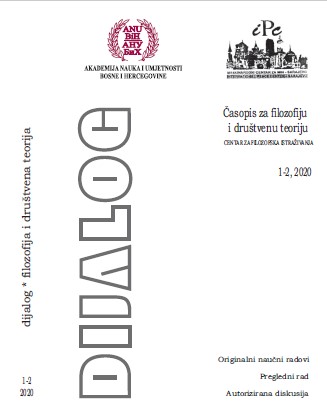Politička ekonomija Dejtonskonskog sporazuma
The Political Economy of the Dayton
Author(s): Kadrija Hodžić, Željko RičkaSubject(s): National Economy, Constitutional Law, Economic history, Political history, Economic policy, Political economy, Transformation Period (1990 - 2010), Public Finances, Fiscal Politics / Budgeting, Socio-Economic Research
Published by: Akademija Nauka i Umjetnosti Bosne i Hercegovine
Keywords: Agreement; national political allies; economic cost of the state; economic absurdities;
Summary/Abstract: At the core of the differences in opinion and political views is the conflict of ethno-national approaches to national sovereignty over parts of Bosnia and Herzegovina. The hypothesis assumed in this paper is that such a Dayton structure represents a key weakness of the BiH economy, making it a dysfunctional state with a number of political, legal and economic contradictions. The methodological framework for verification of this hypothesis used an explanatory paradigm that establishes the tangible facts, according to which the Dayton structure shapes Bosnia and Herzegovina as a country with the following economic absurdities: public spending grows while population declines, public spending discourages economic growth, public debt grows faster than the growth of GDP, macroeconomic stability has been achieved and real convergence towards the EU is endangered, the absence of financial sovereignty of the state and fiscal confederalism has been established, the Dayton Agreement brings an inferior model of territorial organization in relation to the pre-Dayton model.
Journal: Dijalog - Časopis za filozofiju i društvenu teoriju
- Issue Year: 2020
- Issue No: 01+02
- Page Range: 145-167
- Page Count: 23
- Language: Bosnian

